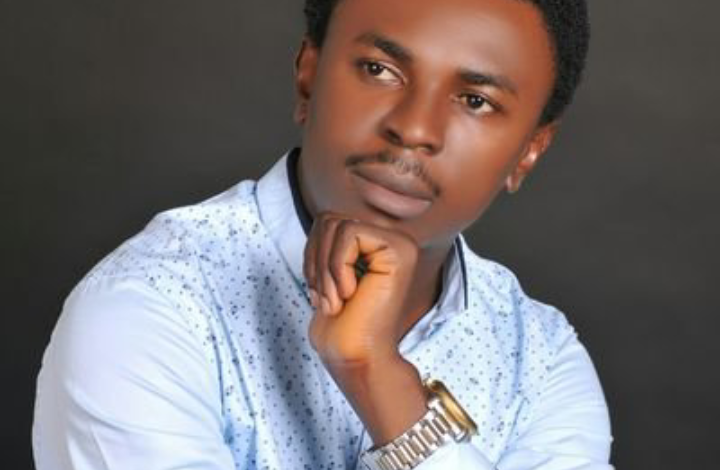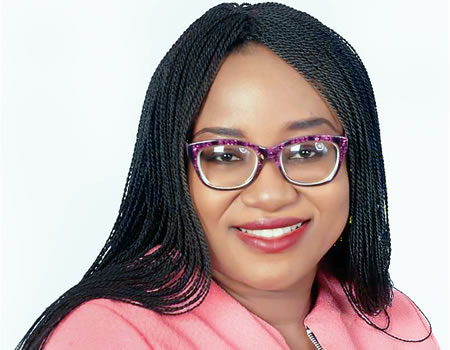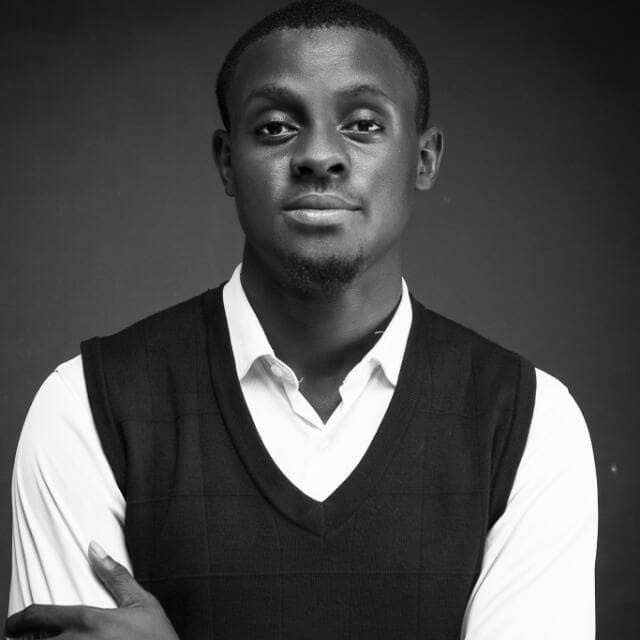‘We need more stories narrated by female characters to expose the plight of women and help give them agency’

Obinna Udenwe’s Colours of Hatred is among the last three novels that made it to The Nigeria Prize for Literature 2021 shortlist. In this interview with AnoteArtHub, Udenwe reminisces on the last three books, including his own, their preoccupation with the female character as agency for rewriting the story of women who are generally marginalized in society
You have made it to the last three of The Nigeria Prize for Literature 2021. Did you expect it and how anxious are you at this stage?
First off, I’d forgotten about The Nigeria Prize for Literature until the day I got the call from Uche Nathson that Colours of Hatred was on the first shortlist. It surprised me. From that point, I was happy but not too excited – not too excited because I knew my book was contesting against some strong books. I had read three of the books on the list already, including The Son of the House and The Girl with the Louding Voice. You see, the two were books we’d read at the Abakaliki Elite Book Society and found them to be quite engaging and poignant, so I told everyone who asked that those two were among the strongest on the list. Then at the book party organized by NLNG and CORA, I bought almost all the other books on the list, almost all and read them. Reading them made me appreciate the list better. The first shortlist was very, very strong. So now, I am both excited and anxious at the same time. At the Abakaliki Elite Book Society, we read The Son of the House and Colours of Hatred last year, and The Girl with the Louding Voice early this year, and of all the books we’ve read at the Society, we agreed that the three were the best, this was before The Nigeria Prize for Literature first shortlist was announced, so you can imagine our excitement at the Society as these three books made it to the final shortlist.

Now that you’re contesting against two women writers, do you feel intimidated?
Intimidated? I am hardly intimidated.
Women have often complained about marginalization by the male folks, yet here they are at this important stage. How would you describe your co-contestants and their works?
I know that whatever women choose to do, they do it very well. I have read the other books and consider them very strong. The two books address very sensitive issues, they are written in great voice, with strong characters and wonderful twists, so I believe these are great authors. I also know Cheluchi in person, she is intelligent and brilliant.
Coincidentally, the three novels have female characters at the centre of their narrations. Why do you think it’s important to give ‘louding voices’ (apologies to Abi Dare) to the female species at this time?
We live in a competitive ‘survival of the fittest world, where men readily want to use women or sacrifice them to achieve their objective and women in turn use men, but you cannot compare the two – men are more bullish. In politics, business, art, academia and even in our homes, etc., men see women as less human, they are easily expected to conform, to sacrifice their dreams and vision, to not threaten the man or bruise his ego – so there is great need for more authors to write stories narrated by female characters, stories that expose these things, for when we do this, we embolden more women, we expose the plight of women and help give them agency.
Your work is a thriller which isn’t a strong or common style within the Nigerian literary space. Why did you decide to do something new or is that part of your style?
It is true that most Nigerian writers don’t write in the thriller genre or form – truly, it is a difficult style to pull off, because you must try to find a way to get the readers glued to their seats and to keep turning the pages of the book. If you have read my other book, Satans & Shaitans or most of my short stories, you’d notice that they are written in such a way that they keep your heart beating as you read. I think in a recent review of Colours of Hatred, someone said that it is a bridge between the thriller and literary form of writing. I hope more Nigerian writers experiment with this style.
Will you be willing t coach young writers about the thriller style in the future?
Of course, I am more than willing to coach other writers. In a recent event organized by ANA in conjunction with Alex Ekwueme Federal University, I led a short workshop on fiction writing. During this workshop, I tried to educate the participants on engaging their readers in a way that make their heart race as they read a story.
What literary projects are you engaged in at the moment?
I have a collection of short stories that I am sure will be published next year. A few publishers are already in touch. You will know when a deal is finalized.



